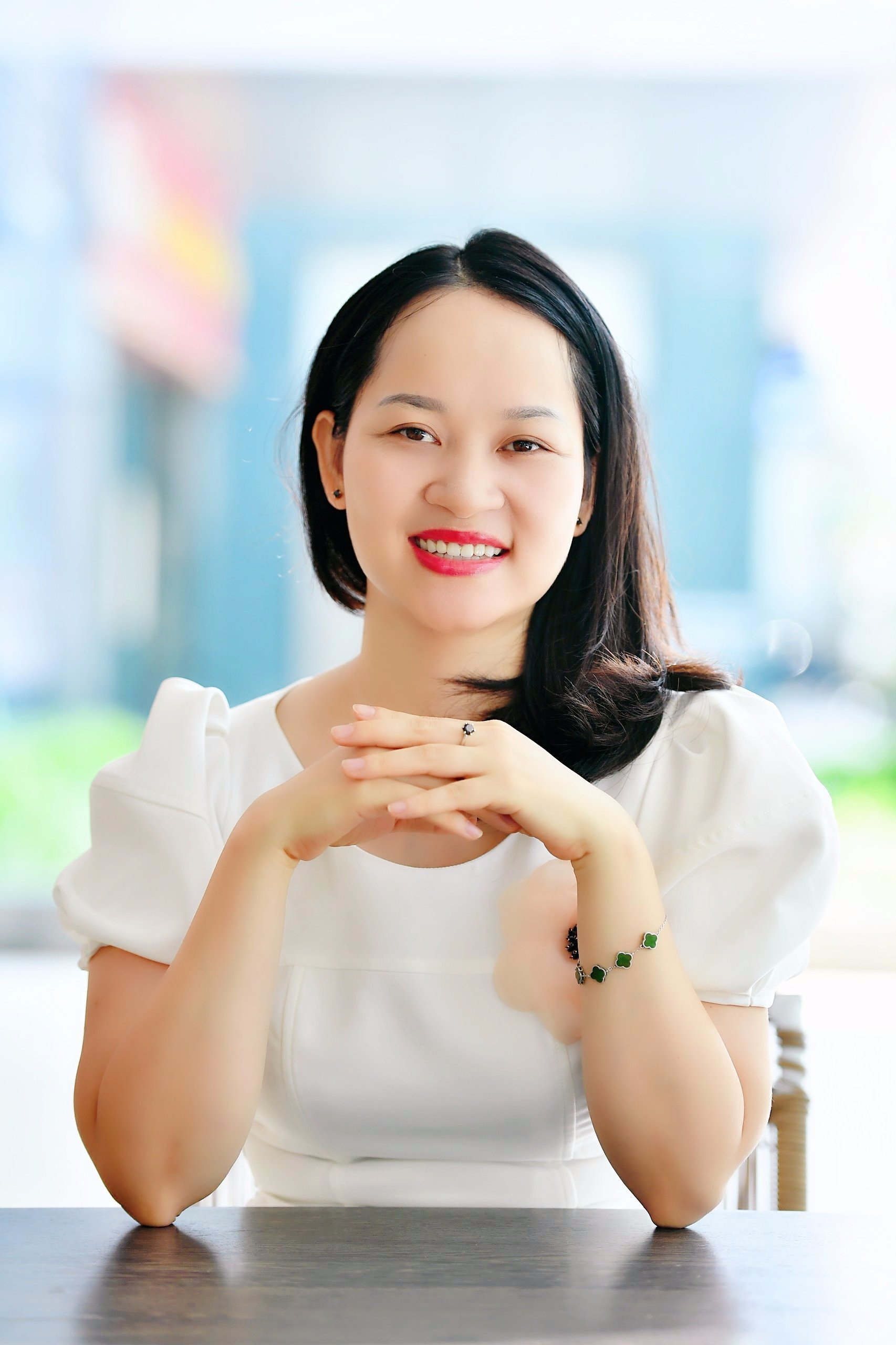A dating coach
If certain things are worth pointing out, they do so. “It helps them see their blind spots. From there, we give suggestions or coach them,” says Lim.
Such tweaks, sometimes, are crucial for success. “Most single people say they are single because they haven’t met the right one. Once they have, everything will be perfect. But having been in this industry for a long time, I realise that the people who succeed are those with the right mindset and skill set,” Lim says.
“When we put someone suitable in front of these people, they can connect and are attracted. If we put someone like that in front of a person without a good mindset or skill set, it doesn’t go anywhere.”
It could also be useful to eliminate the bad habits that people pick up from online dating. A common criticism of the online dating model is that it has created an illusion of choice, whereby people cannot commit to a person because they think there are many other better options out there.
“I call it elevator dating, where dates have become a commodity. We have clients like that. We give them a match that they are happy about, and then they ask us to find them another match who is just like that, but they add another criterion,” Lim says. And after that, the client asks for yet another person, with another added criterion.
“It’s a reality. We’re trying to slow things down. When people come to us, we tell them we are not a dating app. We are not going to give them 100 matches or dates. We are screening matches for them, so when they meet this person, they have to realise that we have made a lot of effort to pick this person for them,” she says.
Ironically, online dating platforms could narrow one’s choices owing to preconceived notions. For instance, a user might not like how a potential match looks in the photo and does not give them a chance. If they had met in real life, things could have been different.
The dating consultants also listen to feedback from each client after a date
“If my husband and I were to have met on a dating app, we would probably never have met up. That’s because he doesn’t even remember the first time we met, since I was completely not what he would usually look for. If we had been using a dating app, he would have just swiped left,” Lim says.
That is why Lunch Actually does not show potential matches photos of each other initially. “A photo is just a photo. But when you hear a person’s voice, it creates a different feeling. That’s where we are coming from. You also need to trust what we are telling you (as to site web link why you both would make a good match) rather than just basing your assessment on photos,” Lim explains.
The company does, however, use technology to complement the work of its consultants. For instance, it is developing an artificial intelligence solution to help consultants answer questions and apps that allow clients and consultants to liaise with each other.
OkCupid: Users have to answer an extensive list of questions about themselves. The algorithm looks at the users’ preferences and answers to create compatible matches.
Tinder: Considers users’ current location, age, gender preference. Prioritises potential matches who are active. Users swipe right (yes) or left (no) on profiles of potential matches.
Hinge: Users have to answer three prompts to activate their profile. They can like specific pictures or prompts of potential matches. Only eight free likes are given a day. Its “Most Compatible” algorithm pairs users with members whom they are most likely to like, and who are also most likely to like them as well.
